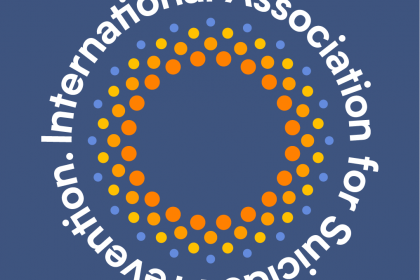Universal health coverage envisions a world where no one needs to struggle with financial hardships to receive high-quality healthcare services, regardless of their background. The 2023 Universal Health Coverage (UHC) Global Monitoring Report estimated that approximately two billion individuals in the world experienced financial hardship due to out-of-pocket health expenses in 2019, and almost 4.5 billion people lacked access to basic health services in 2021. In this context, Universal Health Coverage (UHC) Day is celebrated every year on 12 December, and this year the theme is “Health for All: Time for Action”.
In order to achieve health for all, strengthening health systems through public financing and expanding primary health care are important parameters. In addition, world leaders should consider the importance of integrating affordable and accessible mental health services within primary health care. The right to mental health is integral to the overall right to health. We must recognise the need to give mental health the same attention and priority as physical health, as they are equally important. Even though there has been progress in expanding access to basic healthcare services, mental health has frequently been sidelined, particularly in low and middle-income countries, where mental health has remained a neglected aspect of healthcare infrastructure. WHO reported that the treatment gaps for severe mental illnesses are estimated to be 35–50% in developed nations and 76–90% in low- and middle-income countries. If we do not take action now, countries will be left behind in ensuring quality health services and financial protection, and individuals will be deprived of their human rights.
On Universal Health Coverage Day, the importance of including suicide prevention in comprehensive and accessible mental health services should also be highlighted. This year, we urge leaders to invest in mental health and suicide prevention across the continuum of care by including quality services as part of universal health coverage. Adequate funding and resources must be allocated to mental health services, ensuring accessibility and care for all. For example, a national suicide prevention hotline (988) staffed with responders trained in suicide prevention was recently launched in Canada to provide support to people struggling with mental health challenges and suicidal thoughts. Crisis support services like these provide an immediate and private way for people in distress to get emotional support and assistance.
Furthermore, national health agendas must include mental health policies and suicide prevention strategies to reduce stigma, encourage people to seek help and provide adequate care to people in need. The International Association for Suicide Prevention (IASP) recently released a policy position statement on national suicide prevention strategies, recommending countries to adopt or make progress towards the adoption of a national suicide prevention strategy aimed at reducing rates of suicidal behaviour. These strategies have been identified as a systematic, evidence-based response to preventing suicide that combines both community-based approaches and government policy. However, only an estimated 40 countries are known to have developed a national suicide prevention strategy until now. This illustrates the need to take urgent action to promote evidence-based responses in suicide prevention.
A coordinated effort is needed to ensure that mental health services are integrated into the core of healthcare systems worldwide to achieve universal health coverage, as the right to mental health is a crucial component of the larger right to health.





